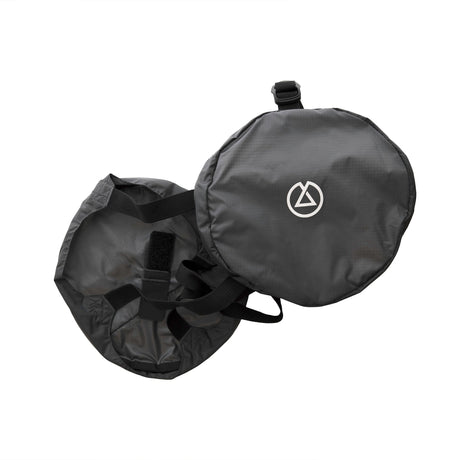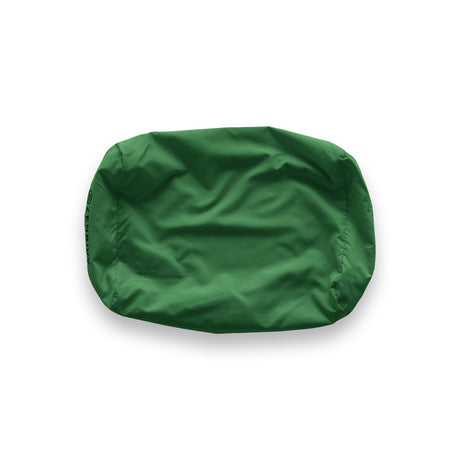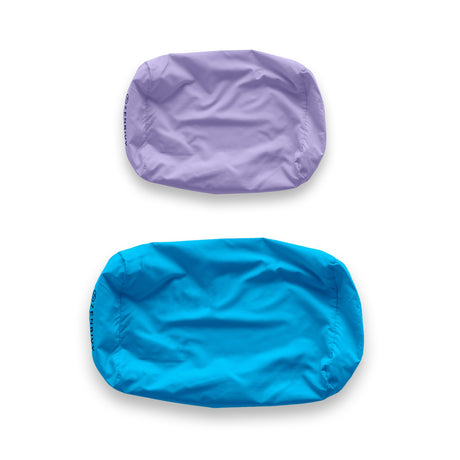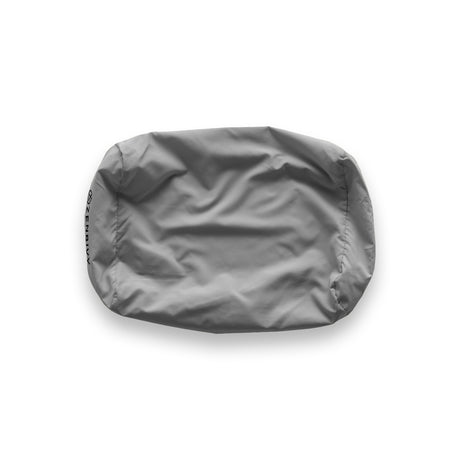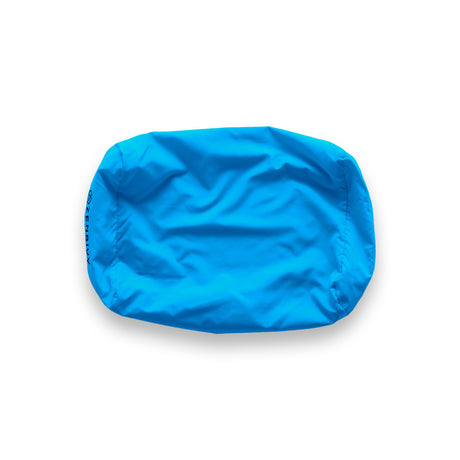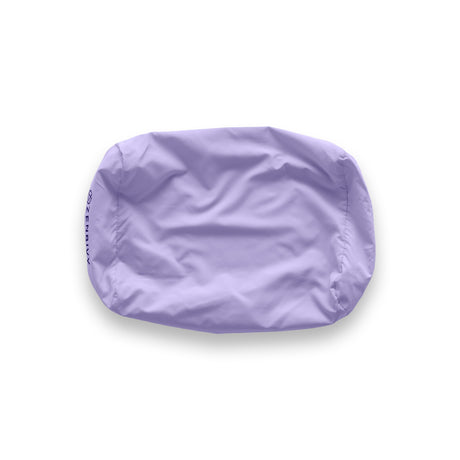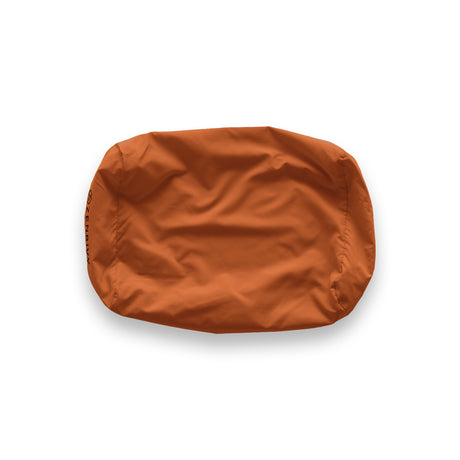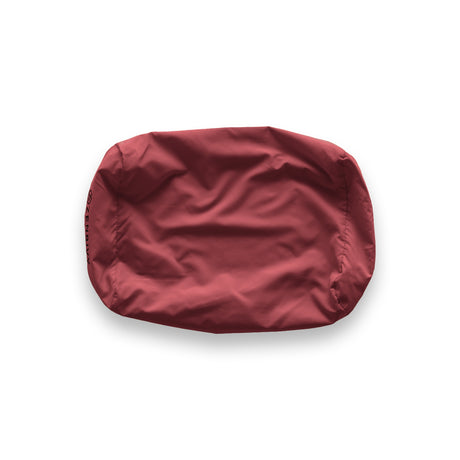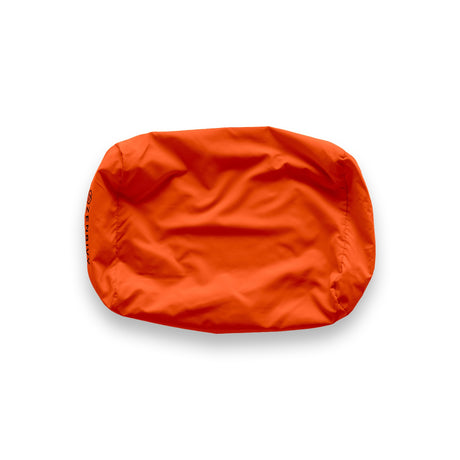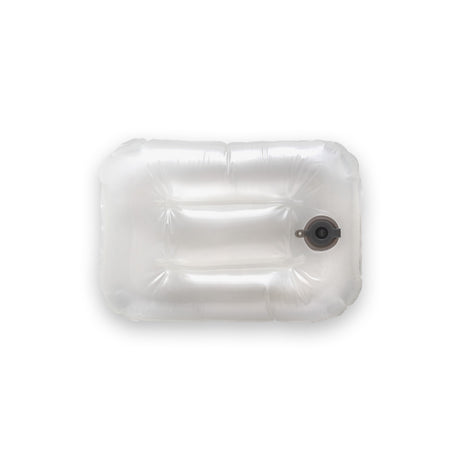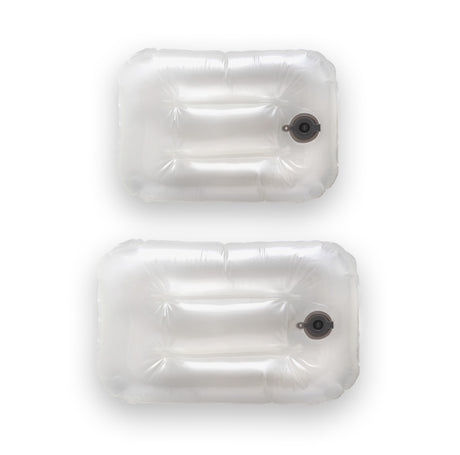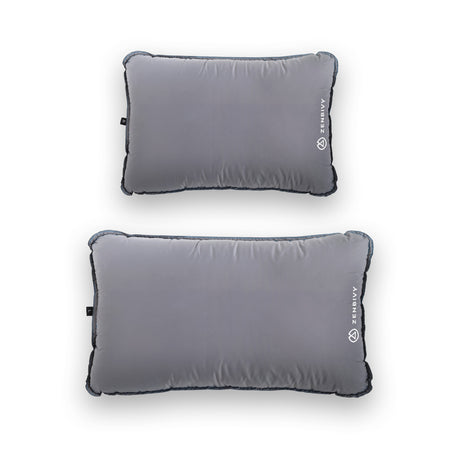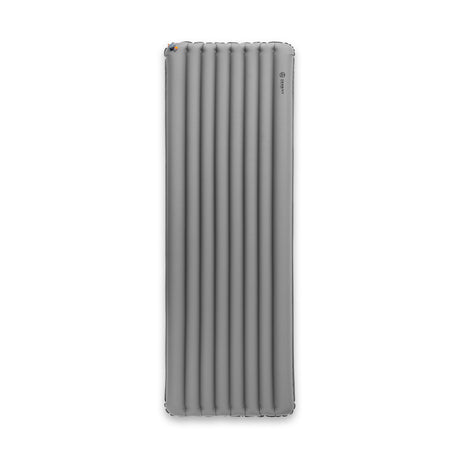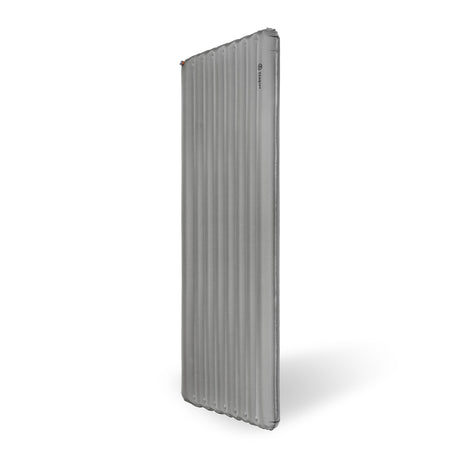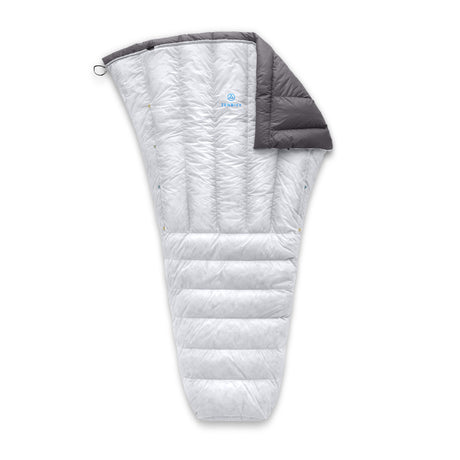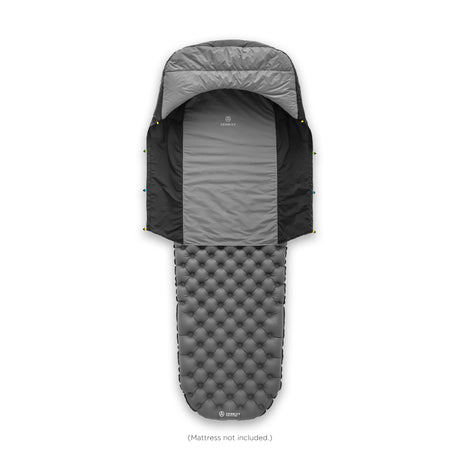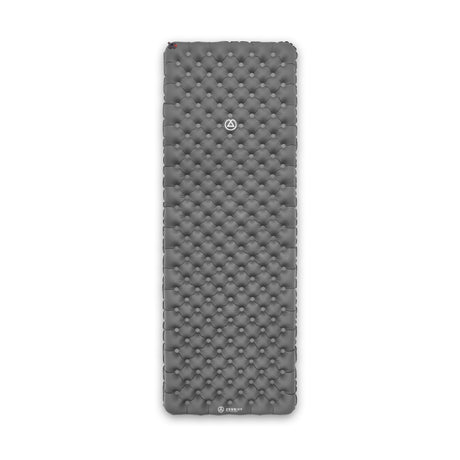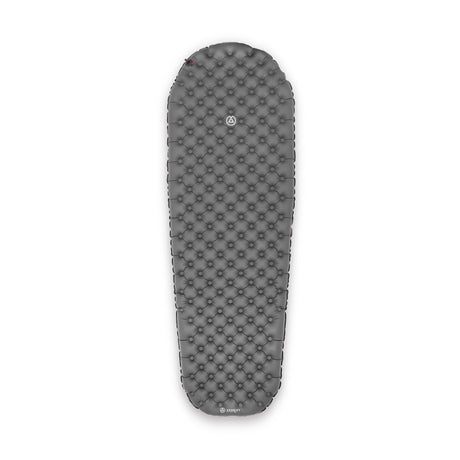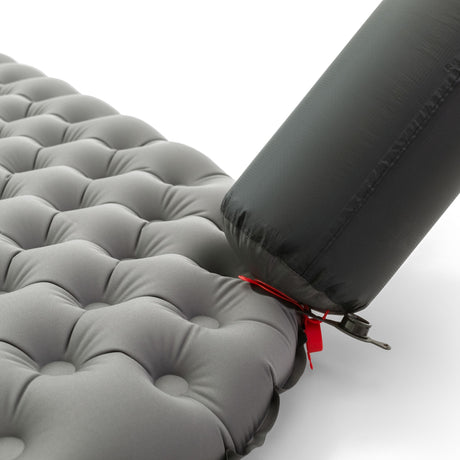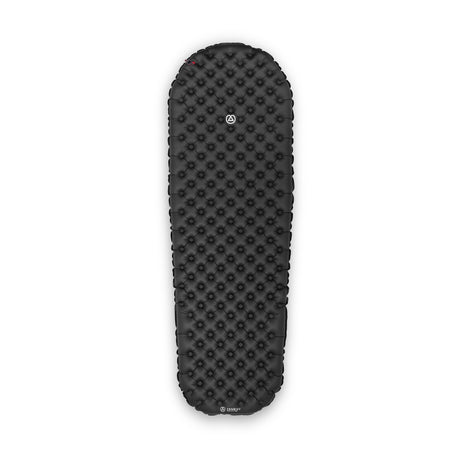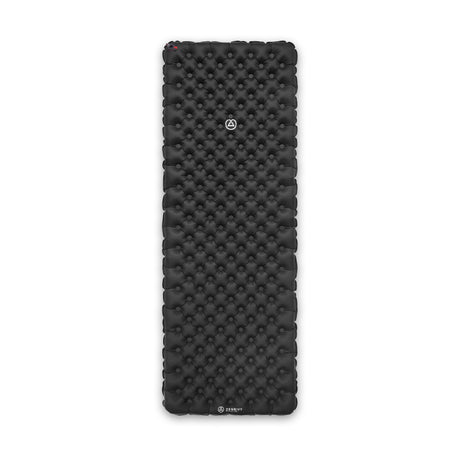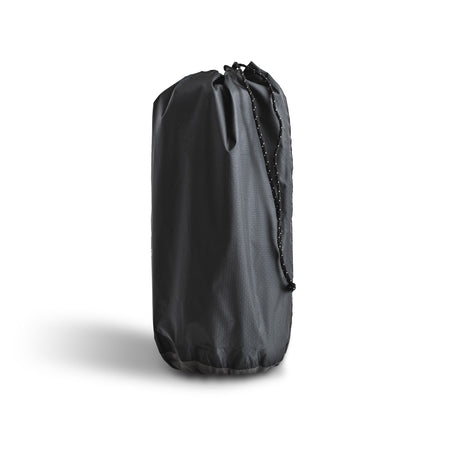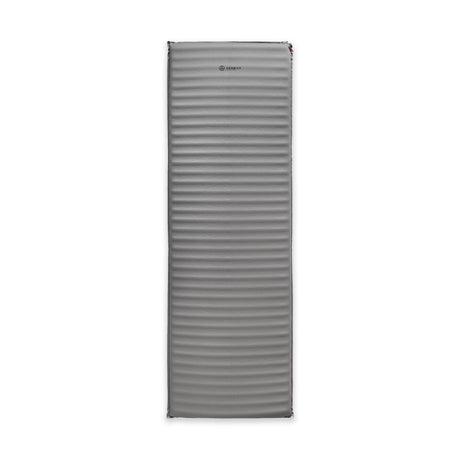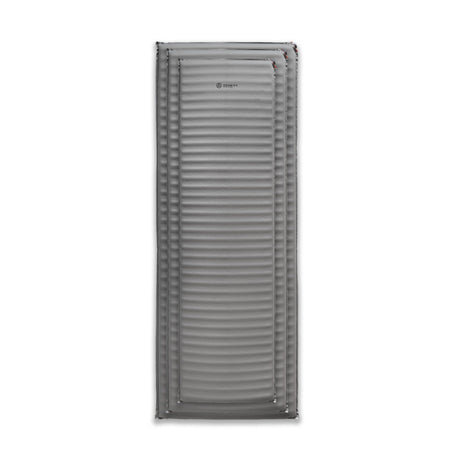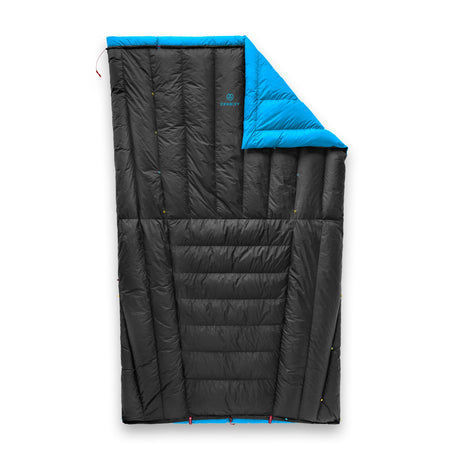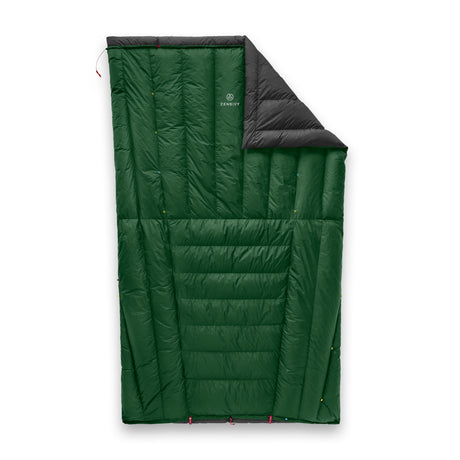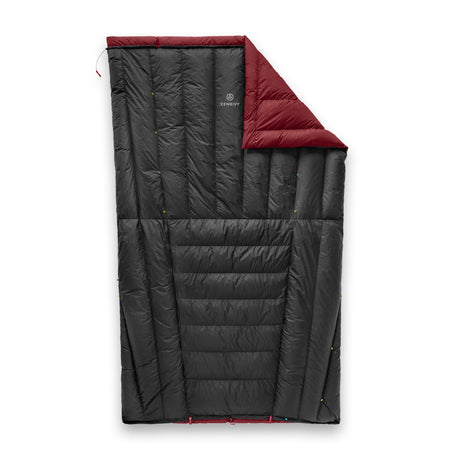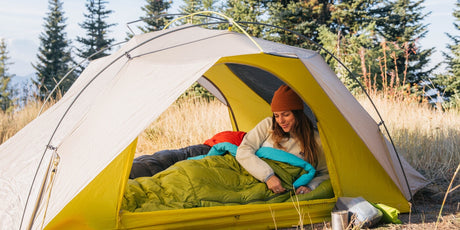Sleeping well in the outdoors is a very personal thing, everyone has their methods of keeping warm. When putting together your perfect sleep system, it is important to consider what you’ll be wearing inside your bag when you head to bed. Socks, hat, and moisture-wicking long underwear are a good place to start, but what about a down jacket?

Sleeping bag EN ratings are built with the assumption you wear some sort of base-layer to bed. The more insulation you’re wearing close to your body, the more comfortable you’ll be at that limit rating - granted they’re the right type of layers. You want to dress for bed just as you do for any other outdoor activity - a light moisture-wicking layer close to your body and thicker insulators on top of that. A down jacket fits perfectly into this system and is a good final layer before you get in your sleeping bag - not to mention it has a hood, which can be critical in keeping the heat in. In most sleep systems, you want to be careful to not wear too many layers as it can compress the down baffles in your sleeping bag from the inside and reduce its insulation. This is less of a problem with a Zenbivy, as the quilt floats above you.

The biggest argument against heavy insulators inside your bag is that you might get too hot and sweat, which will lead you to get cold. To prevent this, you'll need to adapt and adjust throughout the night. If you’re too hot, remove your jacket or vent your sleeping system. If you’re cold, put on another layer. The Zenbivy adds another level of adjustability as you can open the quilt up or un-cinch the foot box.

Depending on the time of year you’re camping, a down jacket can help quite a bit. It can extend the use of your bag in the shoulder season, and will allow you to pack lighter if you don’t have to bring a winter bag. If you’re hiking in the winter, spring, or fall, you’ll likely have a down jacket with you anyways - why not use it? Most of us don’t have the money to buy a bag for every season anyways.

Sleeping warmly in the shoulder seasons is a skill. It’s something you’ll have to try a few different methods to find what works best for you. If you’re a colder sleeper at home, you’ll probably be a colder sleeper at camp. It can be cold out there, but that doesn’t mean you shouldn’t get out, and you definitely shouldn’t be cold when you’re out. So use those layers you have along anyways and perfect your night's sleep in the backcountry. Pack lighter, sleep better.










